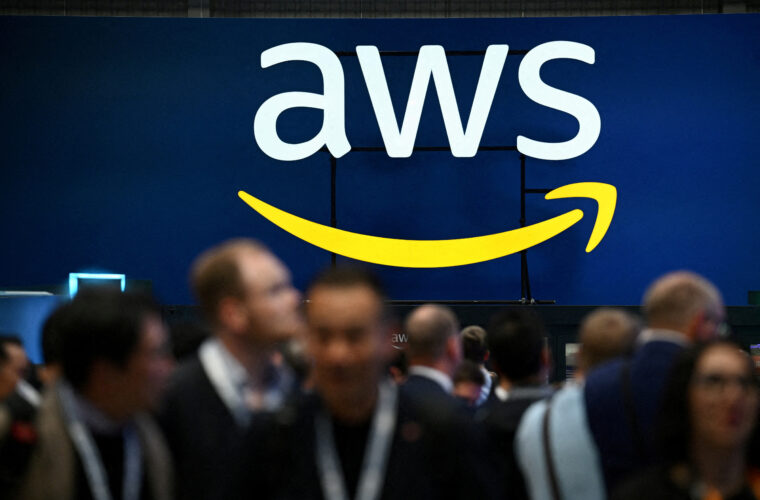Smart home: When we talk about automation, the reference is not only to the professional sphere. We think of the many tasks that we make technology do today instead of performing manually. One example is household cleaning or at least part of it. The little robot that sweeps (well) and washes (still not very well) for us saves us a certain amount of time that we can devote to something else, such as us. But also the lights that switch off when we go out of a certain range and the thermostat that manages the heating independently to optimize costs and reduce waste. These are just a few scenarios of what we can delegate to technology that Samsung wanted to investigate, drawing up an ‘Invisible Load Index’.
What is it about? It is that restlessness on a physical and mental level that precedes the start of household chores. An ‘invisible load’ precisely that has important consequences on how people spend their time at home. Starting with some data, the top 3 household chores Italians think about most during the week are cooking, cleaning, and caring for pets. In Italy, 58 per cent would like a more connected home and 60 per cent already integrate their smart home devices, especially with mobile apps. Using a new formula (invisible load = Intensity x Time x Frequency), the index developed by Samsung allows an individual to calculate their invisible load by looking at the physical burden of the household activities for which they are responsible and the mental burden associated with them.
Europeans do it better
Italians, however, are the least involved in household chores, having a more neutral attitude than respondents in the other countries involved in the study. There are, in fact, tasks that stimulate energy and others that consume it. The former includes taking care of pets, receiving guests and entertaining, but if we talk about what leaves you drained of energy, the top 3 are cleaning the house, keeping it tidy and washing the dishes.
In Italy, cooking is one of the musts, and the research also highlights this: Italians are, in fact, the most likely to indicate cooking meals as a priority, along with doing the shopping. Going back to the other European countries involved, 90 per cent of respondents are convinced that the efficiency of family members could be improved, and almost half (48 per cent) are willing to discover the opportunities technology provides to lighten the burden of household chores. In Italy and Spain, this percentage rises to 58%.

What the data say
The study, which surveyed more than 6,000 people in Europe, reveals that, on average, everyone is responsible for at least seven tasks at home, a total that often exceeds 30 hours per week: almost on a par with a full-time job. This ‘load’ has a negative impact on European households: more than half of the respondents (51%) admit to feeling stressed at least half of the time, and 2 out of 5 (41%) regularly find it difficult to concentrate on daily tasks. The research identifies the top 15 household chores carried out regularly, including cleaning the house, shopping and managing bills.
Each task is ranked according to the intensity of Europeans’ emotional and physical commitment to its performance. The research revealed that despite the increased availability of advanced smart home technology and platforms such as SmartThings to manage connected living, Europeans spend more time – sometimes too much time – mentally preparing themselves than doing household chores.
Not surprisingly, Europeans spend 92 per cent of their time thinking about cooking meals instead of cooking and 91 per cent of their time thinking about home security instead of implementing measures to prevent theft. As much as 88 percent of their time is spent thinking about littering and sorting instead of doing so. On this occasion, Mo Gawdat, who co-wrote the index, commented: “The Invisible Load Index provides a European snapshot and helps us understand the burden behind daily household chores through an indicative scoring system. For our well-being, how we spend our time at home is crucial, so it is important to follow healthy habits in our routines. This also helps us to manage our to-do list easily. In this sense, SmartThings is a valuable aid, as it allows us to make certain household activities automatic and thus improve the quality of our leisure time at home.
To date, more than 300 Samsung brand partners support over 3,200 connected devices. By giving complete control of one’s home and, above all, of one’s household activities, SmartThings promises to optimize the time spent caring for the home, leaving room for other activities.


